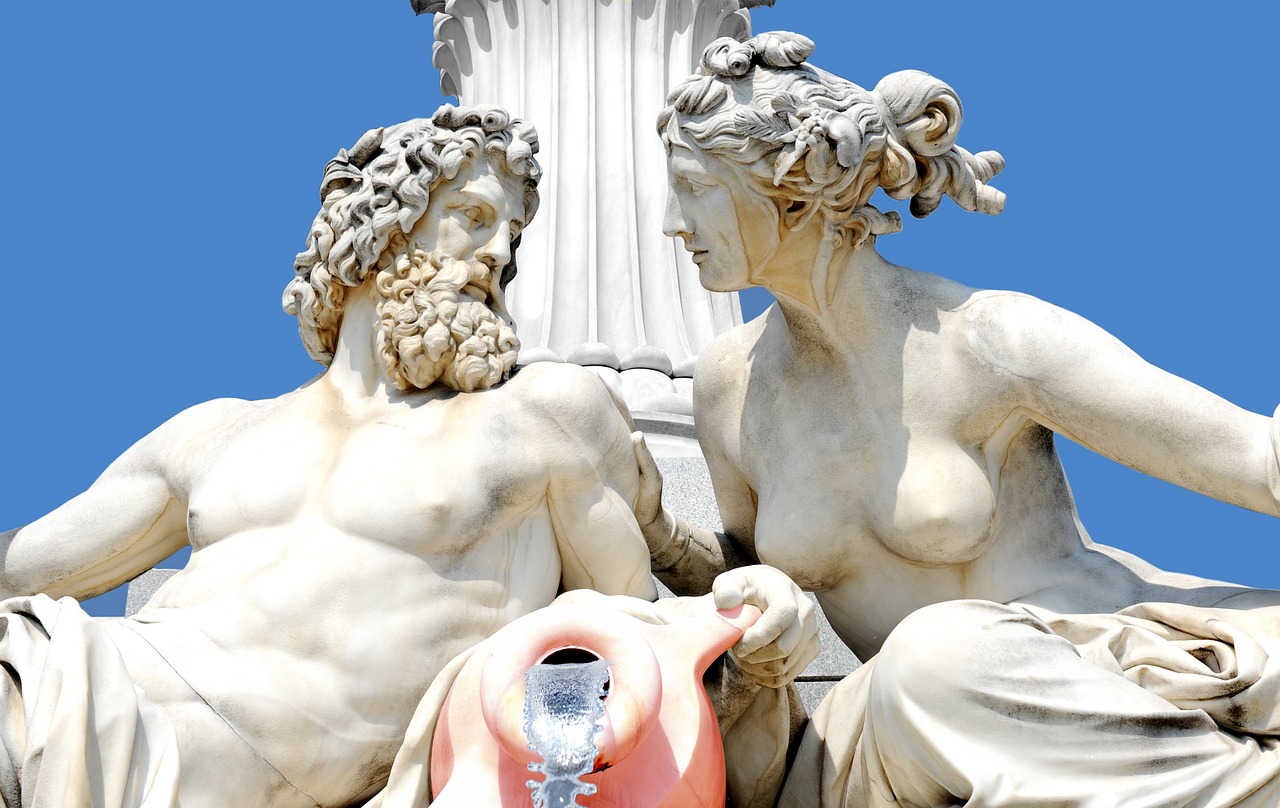Greek mythology encompasses a rich tapestry of tales about deities, heroes, and the customs of ancient Greece, spanning back to classical antiquity. The inherent fictional qualities of these myths were recognized by critical thinkers such as Plato, who lived during the 5th to 4th centuries BCE. Despite this, the myths were traditionally embraced as factual narratives by the common populace. The influence of Greek mythology on Western culture and the arts has been substantial, as it provided a wealth of imaginative concepts that have inspired artists and writers throughout history.
The creation of myths is universal across different societies, often arising to clarify the mysteries of nature, recount the actions of divine beings or legendary figures, or rationalize societal norms and governance. However, the myths of Greece stand unparalleled in their creative depth and impact on Western civilization, continually inspiring new interpretations and connections to contemporary issues.
Literary Origins of Myths:
Two prime literary sources of Greek mythology are the works of Homer: the Iliad and the Odyssey. The 5th-century BCE historian Herodotus pointed out that Homer and Hesiod were instrumental in framing the characteristics of the Olympian gods recognizable to the Greeks. Their works reflect an audience already versed in these mythic narratives. Unlike mere entertainment, these texts were taken seriously, with figures like Pindar and members of the later Stoa utilizing them for deeper philosophical discourse.
The Works of Hesiod:
The Theogony and Works and Days represent significant contributions to the mythological canon, with the Theogony detailing the genealogy of deities—a vital source of information regarding their origins. This work intertwines folktales and myths concerning natural phenomena. Conversely, Works and Days contextualizes some of these myths within agricultural wisdom and moral lessons, presenting justice as a cornerstone for navigating life’s uncertainties.
Additional Literary Contributions:
Apart from Homer and Hesiod, numerous post-Homeric epics and the Homeric Hymns emerge as crucial texts that fill in narratives about the Trojan War and deliver key religious tales. Lyric poets, especially Pindar, have also preserved abundant mythological lore through their odes. The dramatic works of Aeschylus, Sophocles, and Euripides, all prolific figures of the 5th century BCE, are particularly noted for their diversity in mythological traditions.
In the Hellenistic era, from the 3rd century BCE, poets like Callimachus documented several lesser-known myths, while contemporaries such as Euhemerus proposed the idea that deities started as human figures, a perspective termed Euhemerism. Notably, Apollonius of Rhodes composed detailed accounts of the Argonauts, with the quest for the Golden Fleece serving as a focal point in his writings.
Archaeological Insights:
Significant archaeological discoveries have revolutionized our understanding of Greek mythology and ritual practices. The Mycenaean civilization was uncovered by Heinrich Schliemann in the 19th century, and the Minoan civilization was later revealed by Sir Arthur Evans. Findings from these eras (circa 2200-1450 BCE for Minoans and 1600-1200 BCE for Mycenaeans) have been critical in piecing together the mythological landscape, although much of the evidence remains fragmentary.
Visual records, such as pottery decorated with geometric designs, depict mythological events like the Trojan War and the exploits of Heracles. However, the lack of accompanying inscriptions limits conclusive identification, requiring scholars to analyze these remnants alongside established literary sources.
In summary, the ancient Greek myths, derived from literary and archaeological sources, continue to captivate and influence culture and thought across generations.



